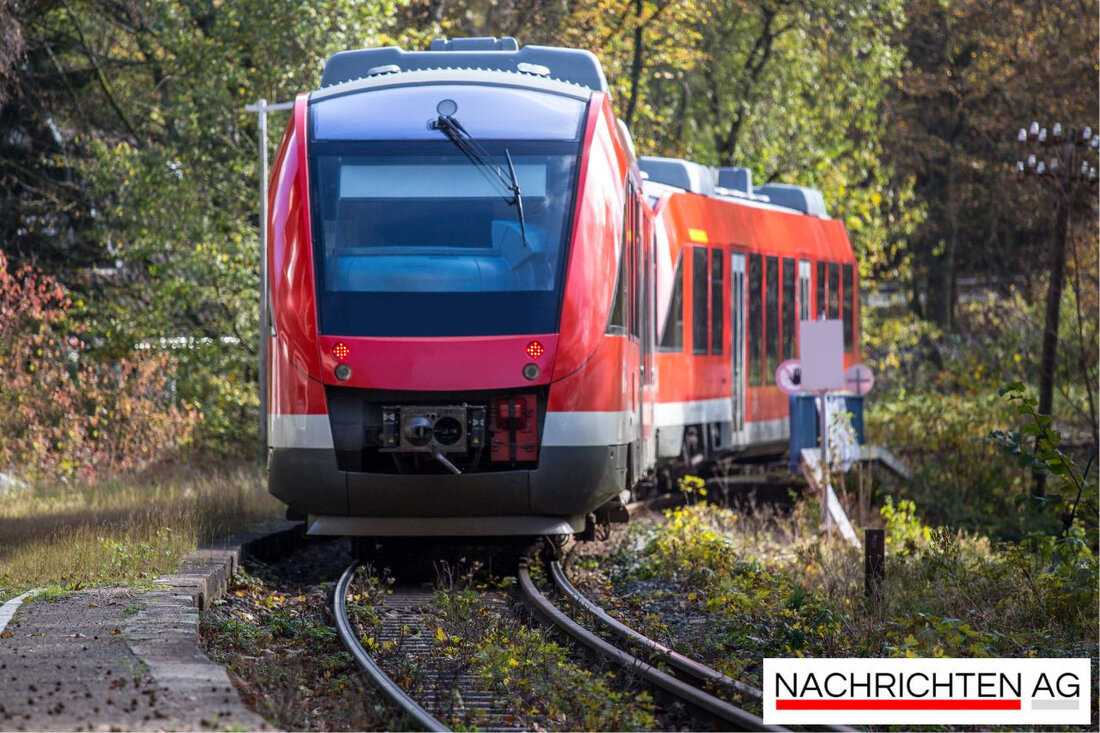Revolution in rail transport: battery-powered trains will conquer the Palatinate from December 2025!
Rhineland-Palatinate is planning 240 km of battery-powered trains by December 2025 to replace diesel trains and promote environmentally friendly rail transport.

Revolution in rail transport: battery-powered trains will conquer the Palatinate from December 2025!
As part of an ambitious pilot project, the use of battery-powered trains will start on a 240-kilometer-long rail network in Rhineland-Palatinate from December 2025. This project aims to completely replace diesel trains in western and southern Palatinate by 2029. The contract for implementation and financing will be signed today, June 6, 2025, in Landau, with the project's partners being the state of Rhineland-Palatinate, the Rhineland-Palatinate Public Transport Association and Deutsche Bahn in various areas, including DB Energie and DB InfraGO. The written contract represents an important step towards switching to more environmentally friendly means of transport, as the new battery-powered trains are designed to run on both electrified routes with electricity and on non-electrified sections with batteries. n-tv reports that the planned overhead line island systems in several cities such as Winden, Landau and Pirmasens-Nord will provide the necessary infrastructure.
The new battery-powered trains not only offer an environmentally friendly alternative, but also numerous advantages for passengers. With a capacity of 172 seats per vehicle, they surpass previous diesel multiple units in terms of both comfort and noise reduction. The expected greater timetable stability is another plus point that makes traveling by train more attractive. By using green electricity and batteries, Deutsche Bahn plans to save several million liters of diesel fuel every year. These aspects are also covered by the project website battery train pallet network highlighted.
Technical details and infrastructure
The route network, which stretches from Karlsruhe via Wörth to Saarbrücken and from Landau to Kaiserslautern, is being converted to ensure a sustainable and modern rail connection. Several infrastructure measures are being planned, such as the extension of an overhead line in Kaiserslautern main station and new construction of charging infrastructure that is necessary for the operation of the new vehicles. A total of around 154 million euros is to be invested in the rail infrastructure, with the federal government expected to provide more than 121 million euros. The measure is being carried out as a joint project in collaboration with the Ministry for Climate Protection, Environment, Energy and Mobility Rhineland-Palatinate and other partners such as DB Netz AG and DB Regio AG.
A contribution to sustainable mobility
The introduction of battery-powered trains makes an important contribution to reducing emissions in rail transport. The use of this new technology supports the state government's goals of promoting sustainable mobility and combating air pollution. The switch to battery-powered vehicles will not only reduce the burden on the environment, but also significantly improve the quality of life for residents along the routes. Deutsche Bahn and the institutions involved are providing clear impetus for an environmentally friendly future in local public transport in Rhineland-Palatinate.

 Suche
Suche
 Mein Konto
Mein Konto